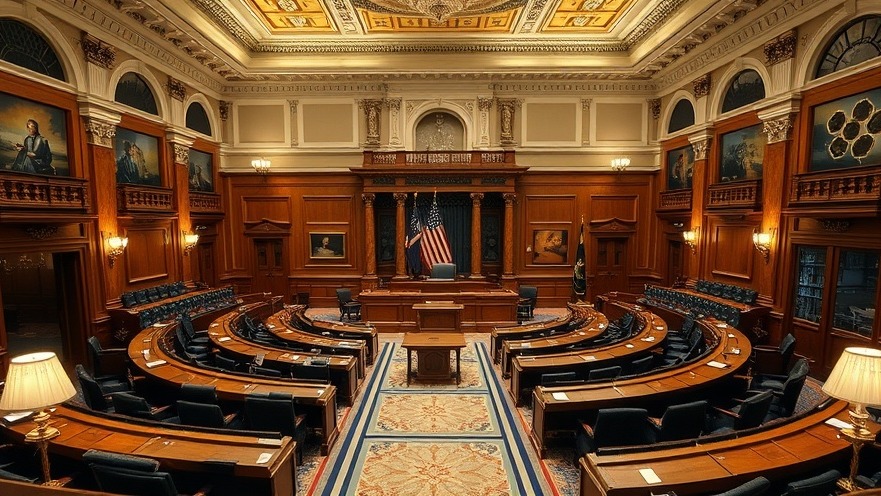
Texas Universities on the Brink: Political Control Increases
The Texas House has moved to drastically shift the control of public universities by voting in favor of Senate Bill 37, a legislative measure that would empower political appointees to oversee academic affairs, curriculum development, and hiring processes. This marks a significant transformation in higher education governance, primarily designed to align university operations with perceived state workforce demands and ideological positions.
Unprecedented Oversight and Accountability
With a vote of 83-53, SB 37 proposes that university regents, who are appointed by the governor, gain the authority to vet and even veto new courses and administrative hires. Under this new scheme, university regents would oversee the formation of committees tasked with reviewing curricula and enforcing strict adherence to the prescribed mandates. This empowerment reflects a broader trend observed in other conservative states, such as Florida and North Carolina, which have similarly sought to influence university operations.
Striking a Balance: Supporters' Perspectives
Proponents of the legislation, including its champion, Rep. Matt Shaheen of Plano, argue that the initiative is necessary to combat a perceived liberal bias within Texas universities. They assert that increased political oversight will lead to more valuable degrees, streamlined educational pathways, and reduced tuition costs for students. Supporters believe these reforms will ultimately enhance the workforce capacity of Texas graduates, aligning university outcomes more closely with state economic needs.
The Impending Shift: Impact on Faculty and Academic Freedom
While supporters tout the benefits of SB 37, critics express grave concerns regarding academic freedom and the teaching landscape. Faculty members fear that the new regulatory environment may lead to self-censorship, particularly on sensitive topics such as race, gender, and inequality. The legislation effectively diminishes faculty influence through a reduction in council sizes—requiring that half of council members be appointed rather than elected—and introduces the possibility of removal for political advocacy.
The Road Ahead: New Compliance Office and Funding Threats
Another key feature of SB 37 is the establishment of a new state office, led by a gubernatorial appointee. This office would ensure universities comply with the law and could recommend sanctions, including funding cuts, for institutions that fail to align with the new requirements. This creates a high-stakes environment where financial incentives are tied to adherence to the ideological criteria set forth by political leaders.
Reactions from the Academic Community: A Call for Resistance
As news of SB 37 spreads, an array of reactions has emerged from the academic community. Many professors are voicing their concerns about the potential ramifications of increased political control over their curricula. The legislation is seen not only as a challenge to academic integrity but also as a broader attempt to shift the balance of power between educators and political elites. A united front among faculty members may be the key to countering this trend; however, the path forward remains fraught with uncertainty.
Historical Context: Trends in State Interference
This move toward greater political control of university education in Texas does not exist in isolation. Over the years, there has been a rising trend among conservative states to frame education through a political lens. In the past few years, states have increasingly sought to impose oversight over educational content related to race and gender, leading to the development of legislation that either restricts or modifies how these topics are addressed in curriculum. SB 37 represents a potential culmination of these efforts, raising important questions about the nature of academic governance and the future of higher education.
Conclusion: The Choice Ahead for Texas' Educators and Students
The outcomes of Senate Bill 37 will undeniably shape the educational landscape of Texas for years to come. As this legislation moves forward, the implications for faculty autonomy, academic freedom, and educational quality will emerge as critical issues to watch. The choices made by state leaders today will influence not only the university education system but also the broader societal framework in Texas.
Engaging in this discourse is essential. For residents and supporters of higher education in Texas, staying informed and participating in advocacy efforts can help foster an educational environment that maintains integrity and commitment to diverse views.
 Add Element
Add Element  Add Row
Add Row 



Write A Comment